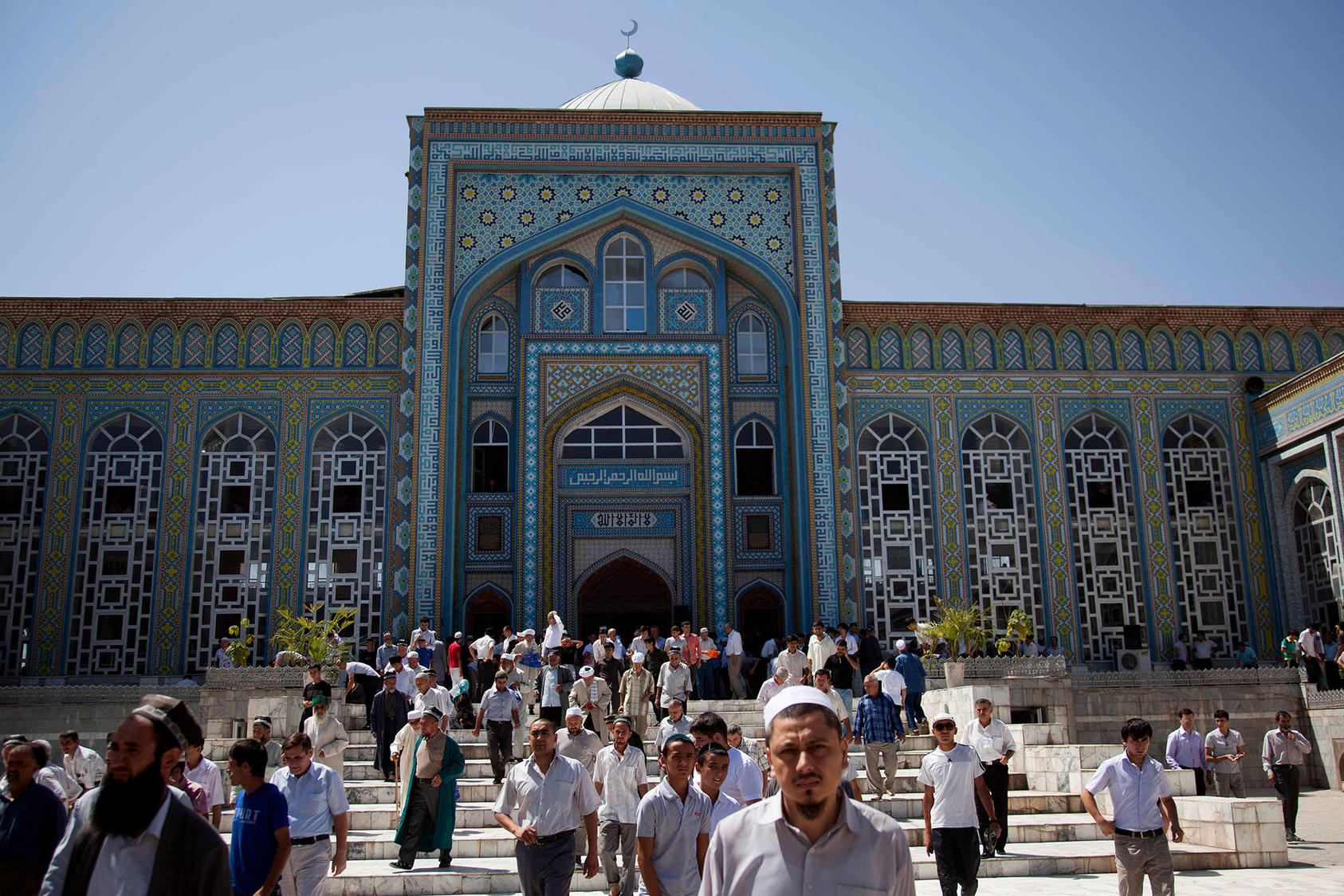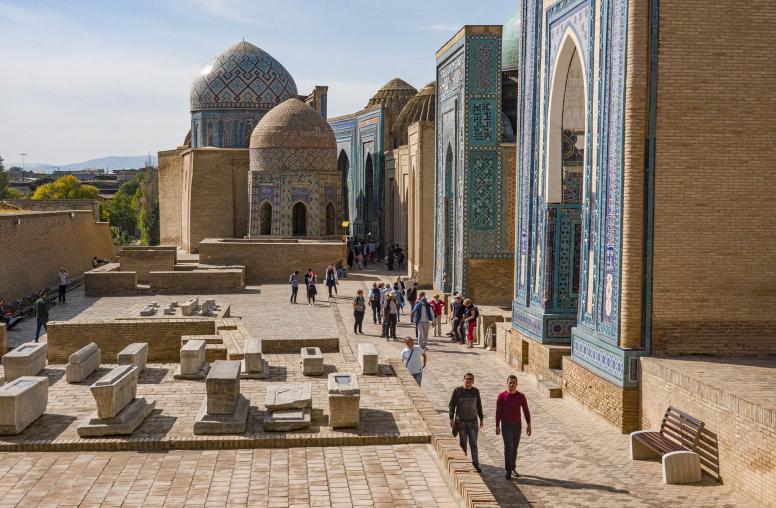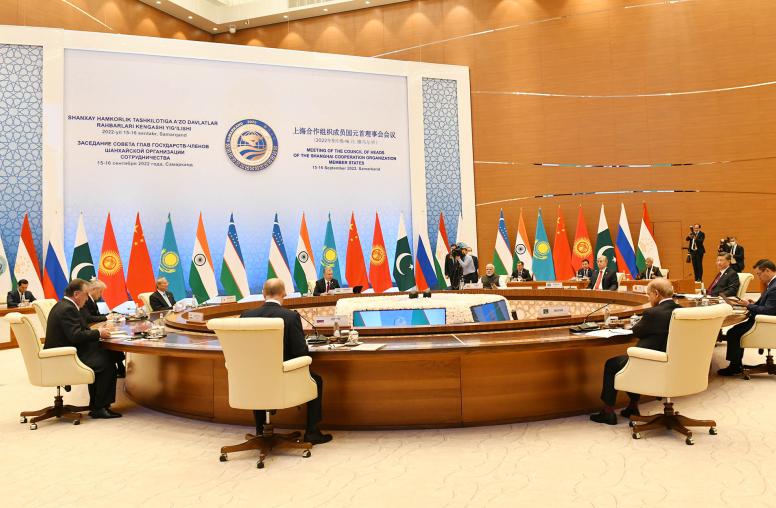Engaging with Muslim Civil Society in Central Asia: Components, Approaches, and Opportunities
When Western policymakers and development practitioners turn their attention to Central Asia, they too often overlook Muslim civil society as a potential partner for addressing the region’s economic and social problems. This report, which is based on dozens of interviews with representatives of Muslim civil society organizations in Kazakhstan, Kyrgyzstan, Tajikistan, and Uzbekistan, is intended to help generate a much-needed conversation about Muslim civil society in Central Asia and how Western donors and practitioners can begin tapping their potential.

Summary
Muslim civil society organizations (MCSOs) in Central Asia are highly diverse in terms of views, activities, and structures. In most cases, however, they are politically moderate, supportive of democracy, and open to working with global development actors that respect the local Islamic social and cultural context.
The authors of this report facilitated interviews with representatives of Muslim civil society in each of four countries in the region: Kazakhstan, Kyrgyzstan, Tajikistan, and Uzbekistan. The findings testify to the existence of an active and diverse sector that defies easy generalizations and deserves closer inspection.
The report examines a non-exhaustive list of six types of MCSOs: muftiates, mosques, mahallas, jamaats, Islamic charitable foundations, and Islamic nongovernmental organizations. Some of these tend to have relatively close links to state structures, whereas others seek to keep their distance from governments that espouse secularism and regard Islamic groups suspiciously. The governments’ suspicion helps explain why the latter avoid activities that could be construed as political or critical of the state and instead focus on charity work and development assistance, much of it inspired by Islamic precepts and funded by alms donated by members of local communities and foreign foundations.
Even so, the interviewees were not silent about corruption and other perceived moral wrongs in their countries, about the need to address social and economic problems, and about state interference in religion. Most MCSOs seem to be supportive of greater democracy and closer global ties, including with the West, but some are more conservative on social issues, such as women’s role within society, and are committed to preserving Islamic culture and traditions.
With their strong local legitimacy, Central Asia MCSOs have the potential to be valuable partners for global development actors. To start tapping this potential, donors and practitioners should learn more about and reach out to Muslim civil society while urging Central Asian governments to allow more space for MCSOs’ charitable and developmental activities.
About the Report
This report provides a tour d’horizon of Central Asia’s Muslim civil society organizations. Based on dozens of interviews conducted in four Central Asian countries, it finds that the region’s Muslim civil society organizations are highly diverse in terms of activities and structures, often politically moderate and supportive of democracy, and open to working with global development actors. The report was commissioned by the Central Asia program at the United States Institute of Peace.
About the Authors
Sebastien Peyrouse is a research professor at George Washington University’s Institute for European, Russian, and Eurasian Studies and is the author of many articles and books on Central Asia. Emil Nasritdinov is associate professor at the American University of Central Asia, where he coordinates the master‘s program in anthropology, urbanism, and development, and is the director of SILK (Social Innovations Lab Kyrgyzstan).



